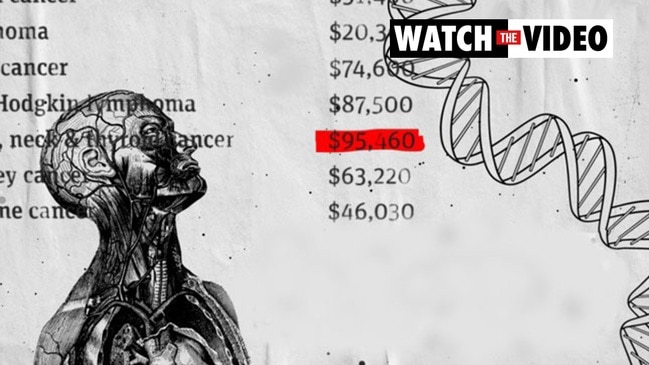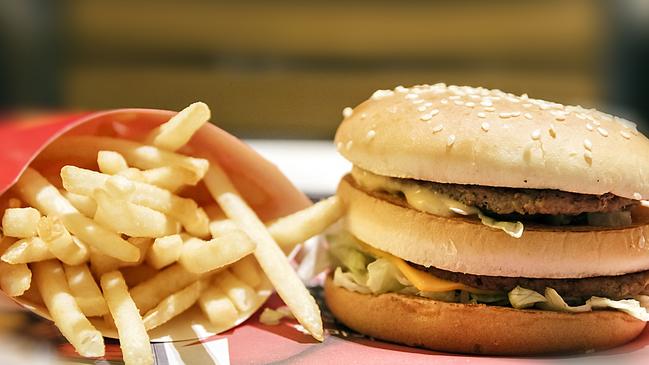Fatty food study flags link to rapid cancer
New QIMR Berghofer research indicates that the high-fat diet could induce a precursor condition to one of the most rapidly increasing cancers in Western populations.

QLD News
Don't miss out on the headlines from QLD News. Followed categories will be added to My News.
PEOPLE who eat foods full of fat over a prolonged period are at risk of a fast-killing cancer that is growing in prevalence.
New QIMR Berghofer research indicates that the high-fat diet could induce early Barrett’s oesophagus, a precursor condition to oesophageal cancer.
Garvan Institute researchers have found a way to stop cancers becoming resistant to treatment
COVID-19 surgery delays have made the wait for bowel cancer checks even longer
Barrett’s oesophagus occurs when cells that line the oesophagus change as it heals from chronic reflux.
Obesity and excessive tummy fat are known to increase risk of Barrett’s oesophagus, which in turn increases the risk of oesophageal adenocarcinoma, a highly fatal type of cancer that affects the digestive tract just above the stomach.

Lead researcher and head of QIMR Berghofer’s Precision & Systems Biomedicine Laboratory, Associate Professor Michelle Hill, said her team found most mice fed a chronic high-fat diet developed changes in the cellular fat molecules of their oesophagus tissues that then began to develop into Barrett’s oesophagus.
“This research is important because patients with Barrett’s oesophagus are 10 times more likely to develop oesophageal adenocarcinoma, which is one of the most rapidly increasing cancers in Western populations,” Associate Professor Hill said.
“If we can understand how cellular fat changes causes this precancerous condition, we have a better chance of finding ways to prevent adenocarcinoma, which claims the lives of most patients within a year of diagnosis.”



